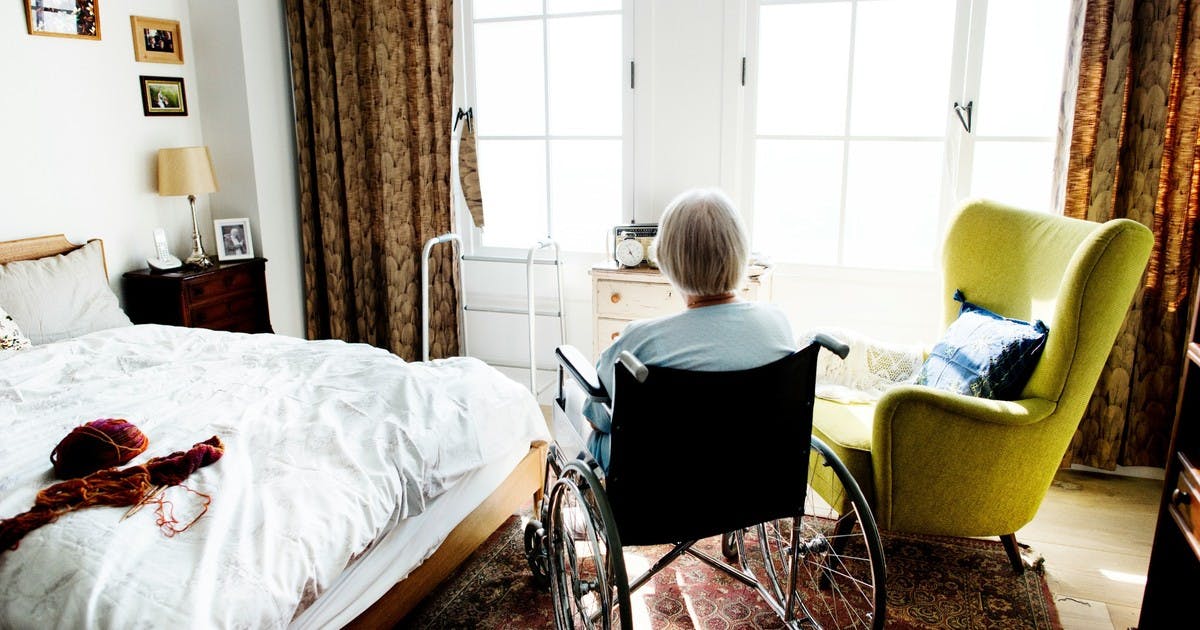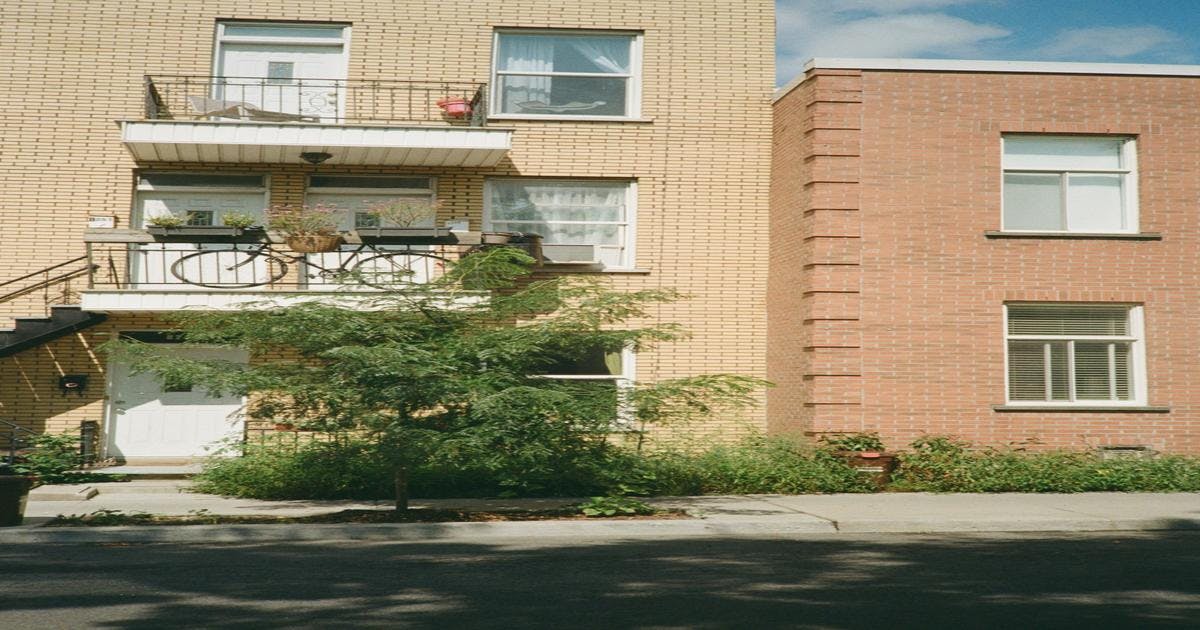
Fair Deal Scheme Ireland (Nursing Home Support Scheme) – A Complete 2025 Guide

Summary
A clear, practical overview of Ireland’s Fair Deal (Nursing Home Support) Scheme,and how to maximise available tax reliefs.
If you’re trying to figure out how you’ll pay for long-term nursing home care in Ireland – either for yourself or a family member – the Fair Deal Scheme (officially the Nursing Home Support Scheme) is usually the starting point.
In this guide we’ll walk through:
- What the Fair Deal Scheme is
- Who qualifies and how much you pay
- How your home, savings, farm or business are treated
- The 2024 change for renting out the family home
- How the scheme interacts with tax relief on nursing home fees
- Practical tips and FAQs from a tax and planning perspective
What is the Fair Deal Scheme?
The Fair Deal Scheme is a State scheme run by the HSE that helps people pay for approved long-term nursing home care.
Instead of paying the full nursing home fee, you:
- Pay a means-based contribution, and
- The HSE pays the balance directly to the nursing home.
Your contribution is the same no matter which approved nursing home you choose – public, voluntary or private – as long as it’s on the HSE’s approved list.
Who can apply for Fair Deal?
To qualify, you must:
- Be ordinarily resident in Ireland (generally living here, or intending to live here, for at least a year), and
- Need long-term nursing home care, as confirmed by a care needs assessment.
Step 1 – Care needs assessment
A public health nurse or other professional assesses:
- Your ability to manage daily tasks (washing, dressing, mobility, etc.)
- Your level of independence and cognitive function
- Whether nursing home care is the most appropriate option
You must be approved for long-term care before funding can be granted.
What costs does Fair Deal cover?
Fair Deal covers the core cost of long-term residential care, including:
- Nursing and personal care
- Bed and board (accommodation and meals)
- General laundry
- Basic aids and appliances needed for care
It does not usually cover extras such as:
- Hairdressing, chiropody, physiotherapy
- Some social activities, entertainment, personal toiletries
- Private therapies or enhanced services
These “extras” are typically billed separately by the nursing home.
How the Fair Deal financial assessment works
Once care needs are approved, the HSE looks at your income and assets to work out your weekly contribution.
If you’re single
You generally pay:
- 80% of your assessable income, and
- 7.5% of the value of your assets per year (after certain disregards)
Key points:
- The first €36,000 of your assets is ignored.
- “Assets” include savings, investments, property and land.
- Your home is only assessed for the first 3 years you’re in nursing home care (more on this below).
If you’re part of a couple
Where you have a spouse or long-term partner:
- The HSE looks at combined income and assets, and
- Your share is treated as half of the combined amount.
You then pay:
- 40% of combined assessable income, and
- 3.75% per year of combined assets
The first €72,000 of joint assets is ignored.
Important safeguards
- You never pay more than the actual cost of care. If your calculated contribution is higher than the nursing home fee, you won’t qualify for support – you’d simply pay privately.
- You keep at least 20% of your income (or 20% of the maximum State Pension (Non-Contributory), whichever is higher).
- If a spouse/partner remains at home, they are guaranteed a minimum share of household income.
Your home, farm and business – the 3-year cap
One of the biggest worries is: “Will I lose my home or farm under Fair Deal?”
The scheme has a 3-year cap to limit how much of certain assets is taken into account:
Assets covered by the cap:
- Your principal private residence (family home)
- The proceeds of the sale of that home
- A qualifying family farm or business
You pay 7.5% per year of the value of these assets towards care for a maximum of 3 years (3 × 7.5% = 22.5% in total). For couples, the effective cap on the home is 11.25% where one spouse continues living there.
After 3 years in care:
- No further contributions are charged based on the home, or qualifying farm/business (if the conditions are met), even if you remain in a nursing home for longer.
Extra protection for family farms and businesses
Changes brought in by the Nursing Homes Support Scheme (Amendment) Act 2021 mean that, where specific conditions are met, the value of a family farm or business is also capped after 3 years, not just the home.
Broadly, to get this protection:
- You (or your partner) ran the farm or business before needing care
- You needed care due to a sudden illness or disability
- A family successor commits to actively running the farm/business for at least 6 years
This is a key planning area for farm and business families and is one where professional advice is essential.
Renting out the family home – the 2024 Fair Deal change
From 1 February 2024, a very important change was introduced:
Rental income from your principal private residence (your own home) is no longer counted in the Fair Deal financial assessment, if you rent it out while in care.
What this means in practice:
- You can rent out your home while you’re in a nursing home
- 100% of that rental income can be kept – it is exempt from the Fair Deal assessment
- Any rental income from other properties (not your main home) is still treated as income and assessed at 80%
The HSE requires supporting documentation such as:
- Residential Tenancies Board (RTB) registration
- A tenancy agreement
- Latest Revenue notice of assessment showing rental income
This change can significantly improve cash flow where the home would otherwise be empty – but it also comes with landlord obligations (RTB registration, standards, notice periods, etc.), so careful thought is needed.
The Nursing Home Loan (Ancillary State Support)
If you don’t want (or can’t afford) to pay the 7.5% annual charge on property assets from current income or savings, you can apply for an optional nursing home loan.
How it works:
- The HSE effectively pays the property-based portion of your contribution directly to the nursing home
- A charge (similar to a mortgage) is placed on the relevant property (usually the home, and possibly land)
- The loan is normally repaid:
- On sale or transfer of the property, or
- Within 12 months of death (unless deferred for a surviving spouse/partner living in the home)
Interest is charged if the loan is not repaid on time, and repayment is now collected by Revenue rather than the HSE.
You can apply for the loan when you first apply for Fair Deal or at any stage while in care.
Fair Deal and tax relief on nursing home fees
You can claim Income Tax relief on:
- Nursing home expenses you pay for yourself, or
- Nursing home expenses you pay for someone else (for example, a parent),
provided the nursing home provides 24-hour nursing care.
Key points:
- Relief is usually at your highest rate of tax (up to 40%) for nursing home fees, not just 20%.
- You cannot claim relief on the portion paid by the HSE under Fair Deal – only on the share you actually fund yourself.
- If part of the cost is covered by a nursing home loan, you can usually claim relief when the loan is repaid, either by you or by your estate after death.
The usual 4-year time limit applies for claiming tax refunds on health expenses.
How to claim the tax relief
You claim through myAccount (PAYE) or ROS (self-assessed), under Health Expenses / Nursing Home expenses:
- Upload or retain receipts / statements of nursing home fees
- Make sure you exclude the HSE-funded portion
- Keep records for 6 years, as Revenue can request evidence later
This relief can be very valuable – at 40%, a €20,000 personal contribution could reduce your tax bill by up to €8,000, depending on your tax position.
Estate planning & inheritance – issues to watch
Fair Deal interacts with inheritance and estate planning, particularly where:
- The family home is subject to the 3-year cap and/or a nursing home loan
- There is a family farm or business, and a successor is involved
- Adult children are concerned about future Capital Acquisitions Tax (CAT) on inheritances
High-level considerations:
- The 3-year cap limits the share of certain assets used for care costs but doesn’t remove those assets from your estate.
- A nursing home loan must usually be repaid within 12 months of death, out of the estate – which can affect how much is left for beneficiaries.
- Any asset transfers in the 5 years before applying for Fair Deal are still counted in the financial assessment, which can undermine last-minute gifting.
Because you’re dealing with two systems at once – Fair Deal rules and Irish tax law (CAT, CGT, Income Tax) – it’s very wise to get coordinated advice from:
- A tax adviser
- A solicitor with experience in elder law, estates and Fair Deal
Step-by-step: how to apply for the Fair Deal Scheme
1. Get the application form
You can:
- Download the Fair Deal / Nursing Homes Support Scheme form from the HSE website
- Or get a paper copy from your local Nursing Homes Support Office
2. Care needs assessment (mandatory)
Complete the care needs section and submit:
- The HSE arranges an assessment by a public health nurse or medical professional
- You receive a decision in writing on whether long-term nursing home care is approved
3. Financial assessment (mandatory)
You provide detailed information on:
- Income (pensions, social welfare, rental income, etc.)
- Assets (savings, property, land, investments)
- Liabilities, if relevant
The HSE calculates:
- How much you must contribute, and
- How much State support you will receive.
4. Optional: Nursing home loan
If you want to defer the property-based contribution, you complete the Ancillary State Support (loan) section in the same form.
You’ll get letters confirming:
- Your assessed contribution
- Whether you are approved for State support
- Whether the loan (if requested) has been approved
Funding cannot be backdated – support only starts from the date of approval, not from when you first entered the nursing home.
Worked Example – Single Person Going Into Nursing Home Care
Scenario
- Mary is 80 and needs long-term nursing home care.
- Weekly nursing home fee: €1,200
- Mary is single and tax resident in Ireland.
- Weekly income:
- State pension: €320
- Private pension: €80
- Total income = €400 per week
- Assets:
- Savings: €50,000
- Home (principal residence): €250,000
Under current Fair Deal rules, a single applicant generally pays:
- 80% of assessable income
- 7.5% per year of assessable assets (after the €36,000 asset disregard)
- The home is only counted for the first 3 years in care (the “3-year cap”).
Figures below are rounded to the nearest cent.
Step 1 – Income contribution
Mary’s weekly income is €400.
- 80% of €400 = €320 per week
So, her income-based contribution is €320 per week.
Step 2 – Work out assessable assets
Total assets:
- Savings: €50,000
- Home: €250,000
- Total = €300,000
Apply the €36,000 asset disregard, which is taken off cash assets first.
- Savings: €50,000 – €36,000 disregard = €14,000 assessable savings
- Home: full value is still assessable for Fair Deal purposes = €250,000
Assessable assets:
- Cash: €14,000
- Home: €250,000
Step 3 – Asset contribution (first 3 years)
Mary pays 7.5% per year on her assessable assets.
(a) Cash assets
- 7.5% of €14,000 = €1,050 per year
- Weekly: €1,050 ÷ 52 ≈ €20.19 per week
(b) Home (principal residence)
- 7.5% of €250,000 = €18,750 per year
- Weekly: €18,750 ÷ 52 ≈ €360.58 per week
Because of the 3-year cap, Mary only pays this home-based portion for the first 3 years in care.
Step 4 – Total weekly contribution (first 3 years)
Add everything together (first 3 years):
- From income: €320.00
- From savings: €20.19
- From home: €360.58
Total Mary pays ≈ €700.77 per week
If the nursing home charges €1,200 per week, then:
- Mary pays: ~€701 per week
- HSE pays the balance: €1,200 – €700.77 ≈ €499.23 per week
Step 5 – What happens after 3 years?
After 3 years, the home is no longer counted in the financial assessment because of the 3-year cap.
Mary then only pays based on:
- Income: €320.00 per week
- Cash savings: €20.19 per week
New total after 3 years:
- €340.19 per week from Mary
- HSE covers: €1,200 – €340.19 ≈ €859.81 per week
Step 6 – Optional nursing home loan (if Mary doesn’t want to pay from the house now)
If Mary doesn’t want to pay the home-based €360.58 per week from current funds, she can apply for the Nursing Home Loan (Ancillary State Support).
In that case:
- She pays only the income + savings part each week (about €340.19)
- The home-based portion (about €360.58 per week, capped at 3 years) is rolled up as a loan against the house, normally repaid:
- When the house is sold or
- From her estate after death
Over 3 years, the home-based part adds up to roughly:
- 22.5% of the home value (3 × 7.5%)
- 22.5% × €250,000 = €56,250 in total linked to the house
Fair Deal FAQs
1. Will I have to sell my home to pay for Fair Deal?
Not necessarily.
- You may pay from income/savings, rent the home, or use the nursing home loan to defer property-based charges.
- The 3-year cap limits the home-based contribution.
2. Can I rent out my home and keep the rent?
Yes – if it’s your principal residence and you’re in Fair Deal, rental income from that home is now fully exempt from the financial assessment (since 1 February 2024). You still have normal landlord obligations.
3. Do I still get tax relief if I’m in Fair Deal?
Yes, but only on the portion of fees you actually pay, not on the HSE’s share. Relief for nursing home expenses is usually at your highest tax rate (up to 40%).
4. Is Fair Deal means-tested?
Yes. It is a means-tested scheme, based on both income and assets, with some important disregards and caps (for example, the first €36k/€72k of assets and the 3-year cap on the home).
5. How long do I have to claim tax relief on fees?
You can normally claim for the last 4 tax years. After that, the right to a refund for that year is lost.
👉 Contact us today to review your eligibility and start your claim.
This blog post is for informational purposes only and does not constitute tax, financial, or legal advice. Tax laws and regulations are subject to change and may vary based on individual circumstances. Readers are strongly encouraged to consult with a qualified tax professional or financial advisor before making decisions based on the information provided. We make no guarantee regarding the accuracy, completeness, or applicability of this content to your particular tax situation.
Found this article helpful? Like and share it with others
Related Posts

Tax Relief for Nursing Home Costs in Ireland – Everything You Need to Know

Learn how to claim 20% tax relief on nursing home costs in Ireland and how to backdate claims for previous years.

Mortgage Interest Relief in Ireland

Mortgage Interest Relief is back - here’s who qualifies, how much you can claim, and how to apply in Ireland.